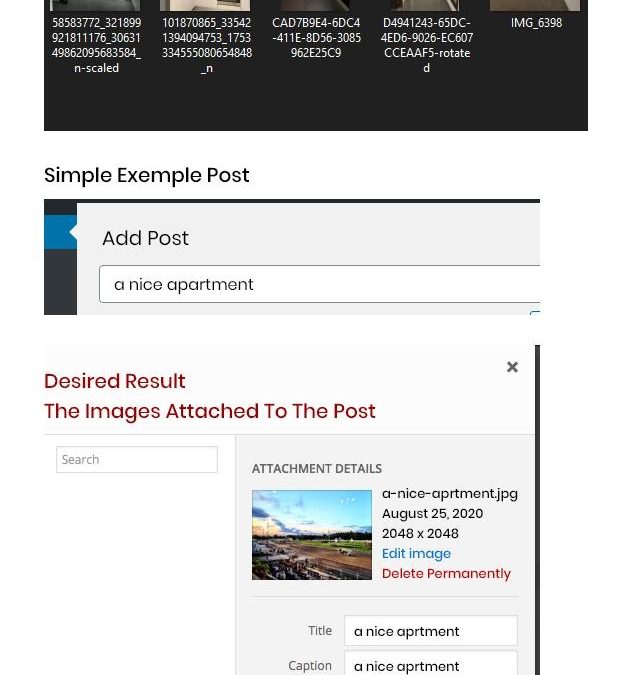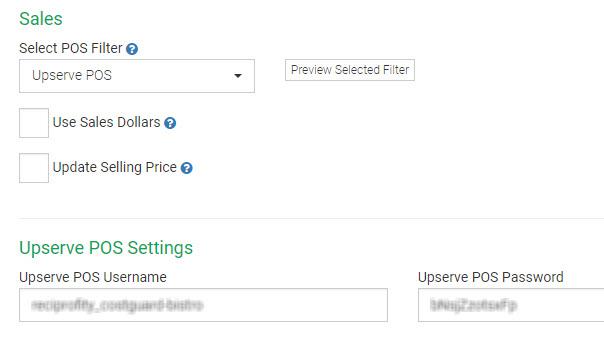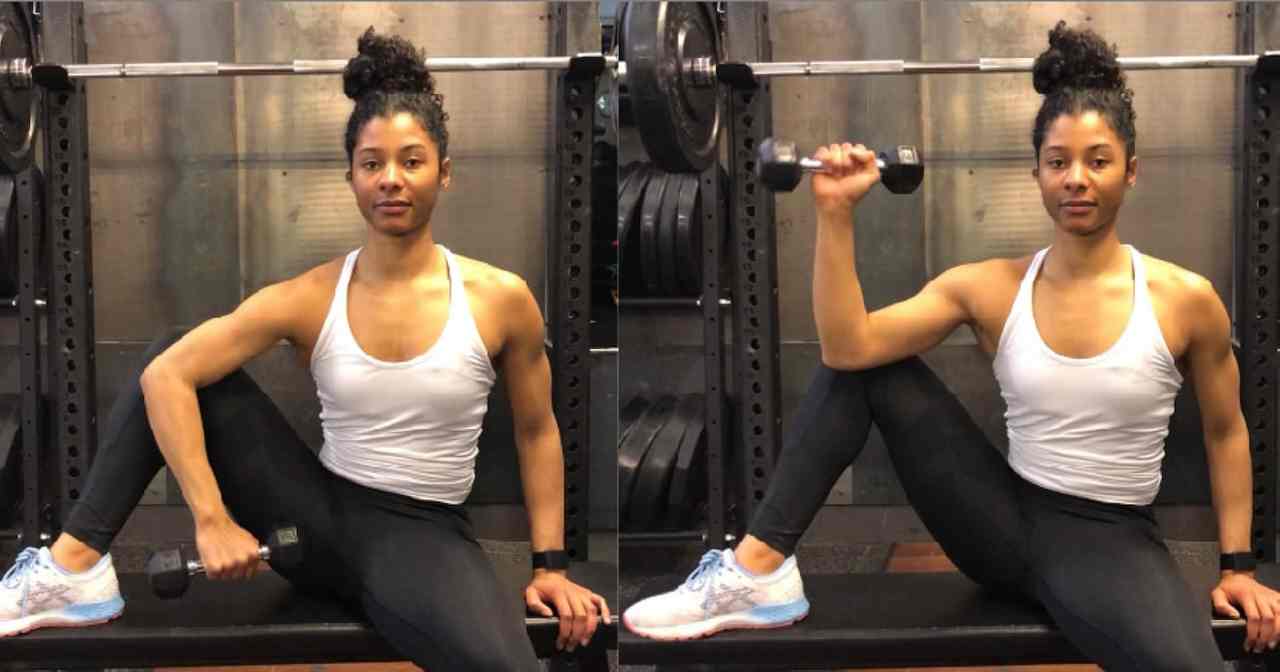
If you’re walking your way to weight loss on a treadmill, congratulations: you’ve made a good choice! Walking is an effective exercise for weight loss, especially for beginners, said Audra Wilson, RD, CSCS, a bariatric dietitian and strength and conditioning specialist at the Northwestern Medicine Metabolic Health & Surgical Weight Loss Centre at Delnor Hospital. “It’s fairly low impact,” she explained. “It’s in a controlled environment . . . It’s a good way for beginners to just get started moving.”
You have a couple of things to figure out, though: namely, how long you should be walking and the speed you should aim for. Keep reading for those answers and more tips to make treadmill walking for weight loss a breeze.
How Long Should a Beginner Walk on the Treadmill for Weight Loss?
For a beginner, 15-30 minutes of walking on a treadmill will help you lose weight, said Dan Charak, NASM-CES, fitness manager at the Northwestern Medicine Kishwaukee Health & Wellness Centre. But you can also cut back more than that, Audra said; it all depends on your starting fitness level. “You could start with just 10 to 15 minutes. If that’s challenging, you could start with five minutes,” she explained.
The key, Audra said, is “to set up a routine that we can stick with.” If 20 minutes of treadmill walking feels too intimidating right now, try 10 or 15. If it’s convenient, you can even split your workout up throughout the day. Jump on the treadmill for five to 10 minutes at a time, twice or three times a day, to increase your overall workout time without feeling like you have to set aside a big 15- or 20-minute chunk.
For a beginner on the treadmill, a brisk walk is a good place to start, Dan said. It really depends on your individual fitness level, though. Audra recommended paying attention to your rate of perceived exertion (RPE), or how hard it feels like you’re working. If one is rest and 10 is an all-out sprint, aim for “anywhere between five and seven,” Audra said. “Feeling like you could talk to somebody, but not carry on a steady conversation.” Here’s a simple RPE scale to help you stay on track with your intensity.
There are two kinds of cardio workouts you can do on a treadmill: steady-state, when you’re walking at a constant pace the whole time; or intervals, when you’ll go from faster speed intervals to slower ones in order to pump up your heart rate. Beginners should start with steady-state, Audra said, as that format is the best way to get your feet under you and acclimate to walking for exercise.
Speed intervals burn more calories in a smaller amount of time, but starting with them without the proper fitness baseline can lead to injury or discouragement, Audra said. “You want to start with a level that’s going to make you feel good, invigorated, and give you energy, which is what exercise should do if you’re doing at the right level for the right amount of time,” she told POPSUGAR. Kick your weight loss journey off with steady state walking and set those interval workouts as a goal as you build up your cardio fitness. (Here’s walking-running treadmill interval workout you can work your way up to.)
And since you’ll be doing all this walking, Audra said, get a pair of supportive shoes so you can feel your best when you hit the treadmill. It’s common to experience foot or knee pain due to inadequate footwear, and you’ll fall off of your workout and weight-loss goals if you’re in pain every time you hop on a treadmill. A healthy diet will also help you reach your weight-loss goals faster, and help you feel better while you’re doing it. This two-week healthy eating plan can help you get started.
Between logging steps and eating healthy, nutritious foods, you’ll in a good area to kick off your weight-loss goals. Fire up the treadmill and lace up your shoes — it’s time to hit the ground walking!
Related:
Build a Stronger Core With These 9 Trainer-Approved Beginner Exercises











